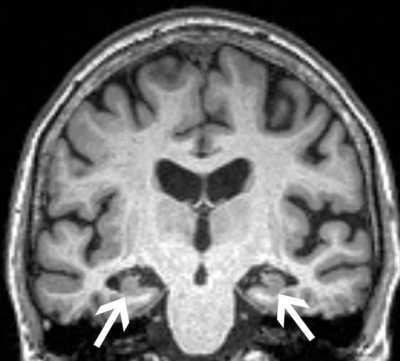MedicalResearch.com Interview with:
Khurram Jamil, MD
Vice President, Clinical Research in Hepatology
Critical Care Division, Mallinckrodt
MedicalResearch.com: What is the background for the new data of terlipressin presented during Kidney Week 2020 Reimagined? Would you briefly describe hepatorenal syndrome type 1? Whom does it affect and how frequently does it progress to ESRD?
Response: Results from two post-hoc analyses of terlipressin, an investigational agent in the U.S. for adults with hepatorenal syndrome type 1 (HRS-1), were presented at Kidney Week 2020 Reimagined, the annual meeting of the American Society of Nephrology. The first was an
oral presentation titled, “Terlipressin Improves Renal Replacement Therapy–Free Survival in Hepatorenal Syndrome Type 1” and included a pooled post-hoc analysis to assess the incidence of renal replacement therapy (RRT) and its impact on survival among patients from three Phase 3 trials. The second was a
poster presentation titled, “Treatment of Hepatorenal Syndrome Type 1 with Terlipressin Reduces Need for Renal Replacement Therapy After Liver Transplantation,” which focused on a post-hoc analysis of the CONFIRM study and evaluated the need for RRT among patients who had liver transplantation within 90 days of HRS treatment.
HRS-1 is an acute and life-threatening syndrome involving acute kidney failure in people with cirrhosis.
[i] HRS-1 can progress to life-threatening renal failure within days,
i and has a median survival time of approximately two weeks and greater than 80 percent mortality within three months if left untreated.
[ii],[iii] It is often a challenge to effectively diagnose in a timely manner due to its diagnosis of exclusion.
iii
In general, the average patient with hepatorenal syndrome (HRS type 1 or type 2) is in their 50s,
[iv] and up to 73 percent of HRS patients are men.
[v] HRS-1 is estimated to affect between 30,000 and 40,000 patients in the U.S. annually.
[vi],[vii]
(more…)





























